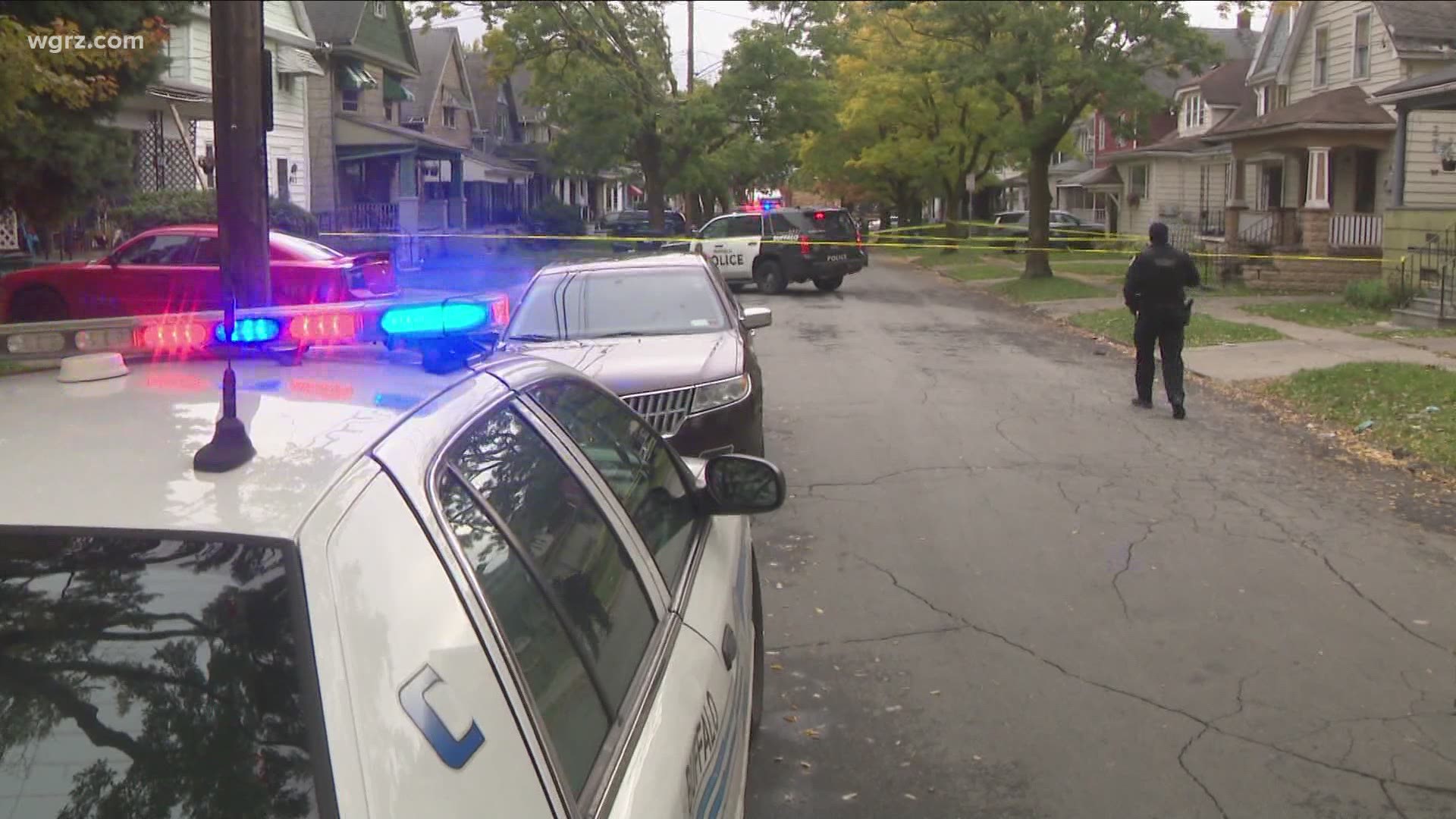BUFFALO, N.Y. — As members of the Buffalo Common Council prepare to consider a series of police reforms, the union representing police officers is raising concerns.
Pursuant to Governor Cuomo's Executive Order 203, all municipalities that have a police force were required to review the department’s policies and procedures, and if necessary, propose reforms.
Those that don't do so by April 1, 2021 risk losing state funding.
Mayor Byron W. Brown created a Commission to Recommend Police Policy and Advance Social Reconstruction and says what they came up with thus far should satisfy the governor's mandate.
"We are very committed to the reform process," Brown said.
However, he also conceded that, "All off the things that are in the resolution that were recommended will not necessarily make it into the final report."
What Brown refers to are recommendations including one which would require officers to live in the city they serve, and that their continued employment be subject to annual performance reviews.
Those items, he explained, would have to be negotiated through the police union.
"There will be some which by state law we won't be able to do or which, contractually, we might not be able to do," Brown said.
Because rank and file officers were not afforded any input into the reform efforts, Police Benevolent Association President John Evans indicated that, until that changes, the city should not expect the union's support for those measures.
"I didn't believe there was a necessity for a police officer to be on the commission," said Mayor Brown.
Brown also suggested that to place officers on the reform commission could lead to a conflict of interest when it came to reforms that have been negotiated contractually with the union.
As far as the overall reform agenda, Evans remarked, "I don't really see a whole lot of reform contained in it."
Evans noted that some of the measures being talked about have already been adopted by the department or mandated by the state, such as banning choke holds to subdue combative subjects, or requiring officers to intervene and to report their fellow officers if they witness them not following protocols.
Regarding the latter, Evans said, "that's already been department policy."
Evans also takes issue with some of the language contained in a supporting resolution to the plan, which in his mind portrays police in a bad light from the start.
He also worries that certain reforms being pushed will create an environment where police will not only be hamstrung in their effort to enforce laws, but may also make them hesitant to do so.
"They want to create an officer who will never be the subject of a complaint (whether warranted or not) or a lawsuit. We can tell our members to be sure not to get any complaints or lawsuits against them, but you're going to have a very ineffective police force if you do that. I guarantee it," he said.
"It's such a gotcha atmosphere right now for a police officer," said Evans, citing the stress and scrutiny that officers are currently under.
Evans joined the Buffalo Police Department 20 years ago after 10 years as a state corrections officer. However, when asked if he would recommend that a young person join the police force today, his reply came without hesitancy.
"Oh good Lord, no. Not a chance," he said.

